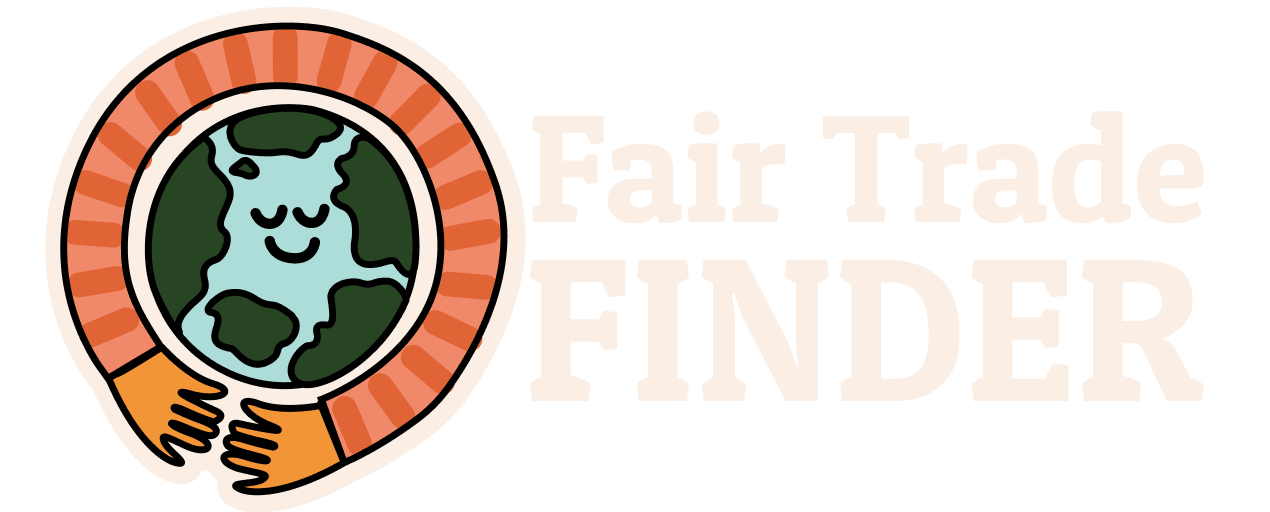Fair trade & sustainability certifications
Fair Trade & Sustainability Certifications
We strive to promote brands that offer more than just lip service when they claim to be fair trade, sustainable and eco-friendly. Thus, we do research on each brand to determine which have acquired third party certifications to demonstrate specific environmental, social or labor-related goals in its supply chain.
Not all certifications are created equal, therefore we focus on those that are verified by neutral, unbiased organizations and are typically non-profit.
Certification Criteria
While not all of the brands listed on Fair Trade Finder are verified by third party certifications, the majority are validated by entities that fit the following criteria:
- Third-party organizations that do not have financial conflicts of interest, and are typically non profit or governmental agencies.
- Endorses processes and methodologies developed by industry experts and science-based guidelines.
- Espouses logical, transparent certification processes.
- Mandates third-party investigation to verify specific policies and procedures are being upheld.
- Offers ongoing support and guidance to businesses even after the certification process has concluded.
Brand Criteria
We evaluate the brands listed in our directory to determine if and how they fulfill the following requirements:
- Provide evidence that workers along the supply chain are paid a living wage.
- Provide evidence that they adhere to international codes of safety within their warehouses and other production facilities.
- Create products out of sustainable and/or vegan materials.
- Incorporate energy and water conservation methods in their production and manufacturing processes.
Certifications that evaluate labor practices, wages and workplace safety:
Fair Wear Foundation – This certification demonstrates that warehouses are inspected on a regular basis to ensure international safety requirements are upheld.
B Corporation – Evaluates the full scope of a company’s societal and environmental performance, in terms of waste, water consumption, pollution, workplace safety and employee compensation.
SA8000 – An international social certification program that evaluates how workers along the supply chain are treated and compensated. The certification is awarded to companies that pay workers a living wage and provide safe working conditions.
World Fair Trade Organization (WFTO) – The WFTO organization comprehensively evaluates a company’s structure, including and business model, operations, and supply chain operations.
Fair Trade Federation (FTF) – The FTF is a holistic, fair trade business community that verifies companies to determine if they meet specific criteria to be considered fair trade approved.
Remake – A nonprofit, non-corporate affiliated organization committed to ending fast fashion and promoting worker rights, environmental conservation, and transparency along the supply chain. Remake certification is considered to be one of the most rigorous and difficult to obtain.
Certifications that evaluate environmentally friendly processes, fabrics and materials:
Green Seal – Provides certification for environmentally friendly household cleaning products and commercial adhesives used in the restaurants and food services industries.
Forest Stewardship Council (FSC) – Global certification that verifies products that originate from ethically managed forests.
Global Recycled Standard – Verifies the origination and composition of recycled content in textiles and ascertain the environmental and societal chain of custody.
Leaping Bunny – Certification for beauty products that do not have any animal testing in their supply chain.
OEKO-TEX – International certification that verifies textiles that have been tested for harmful chemicals and have been produced under environmentally and socially responsible methods.
Rainforest Alliance Certified – Certification for companies that uphold workers’ environmental rights in the coffee, chocolate, fruit and paper industries.
Reach Certified – Regulations created within the European Union to restrict the use of toxic chemicals in animal testing, textiles and household products.
Sustainable Forestry Initiative – Verifies companies that use fiber derived from recycled material and certified forests.
The majority of the brands we feature on Fair Trade Finder have at least one of these certifications. However, we also include small companies that have incorporated sustainable textiles and processes into their supply chain, but have not yet reached the size to acquire fair trade certification.
Achieving fair trade and sustainable certifications is an expensive and time consuming process, thus we believe it is important to support small businesses that are building towards official certification, but have not yet been able to obtain accreditation.
